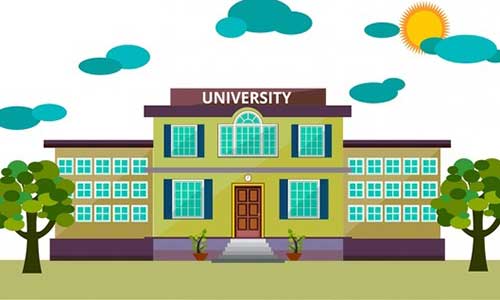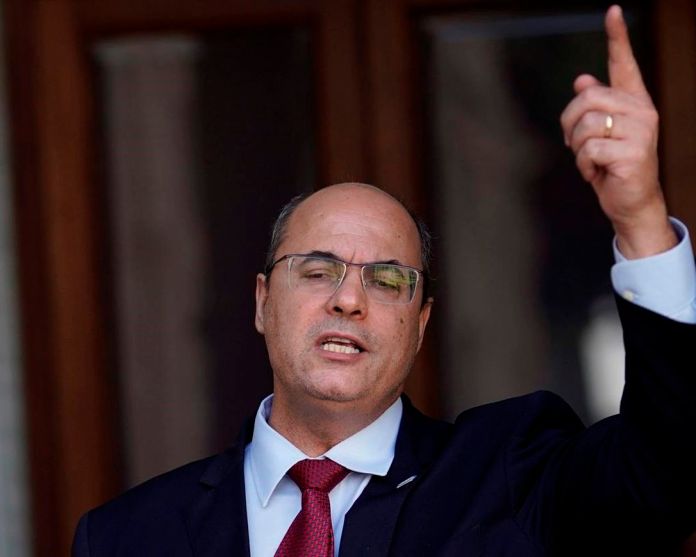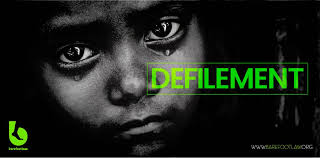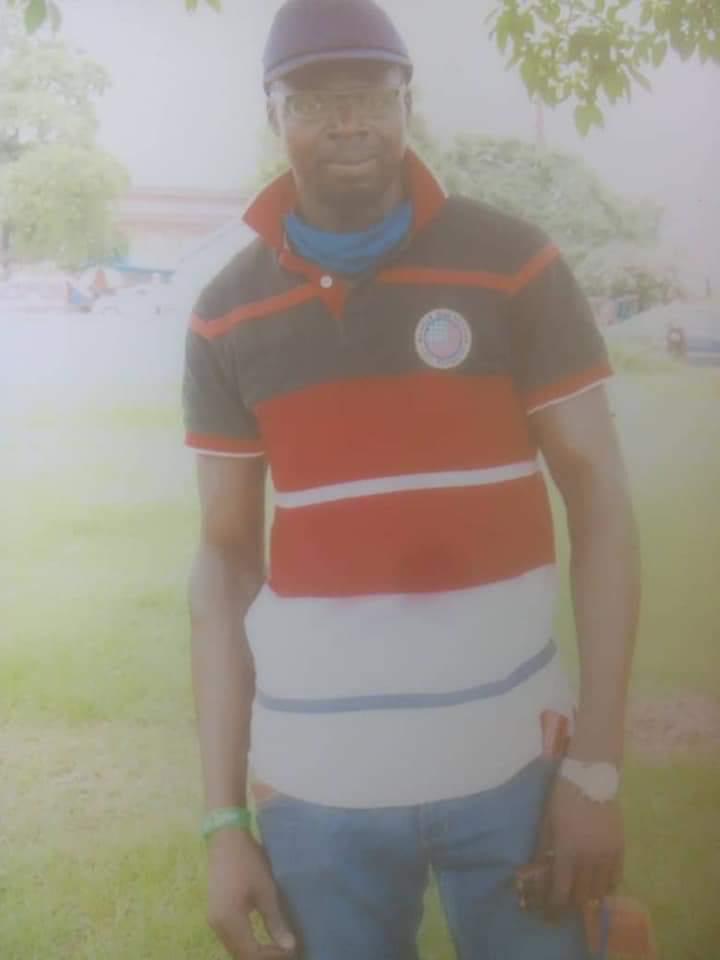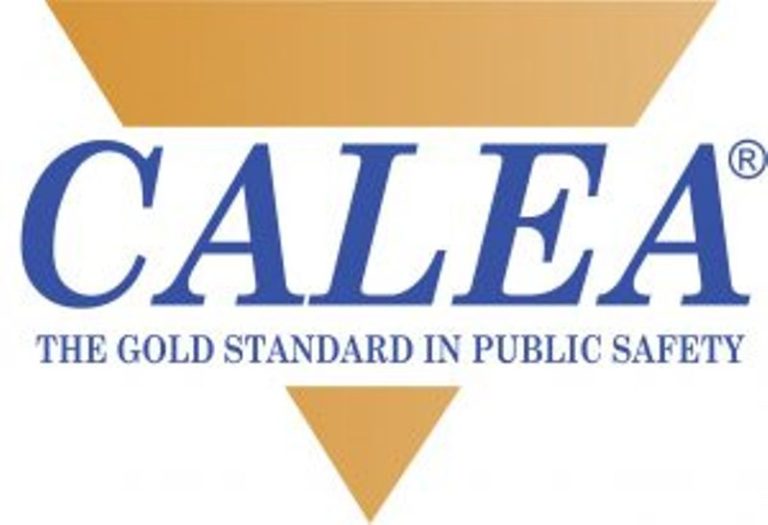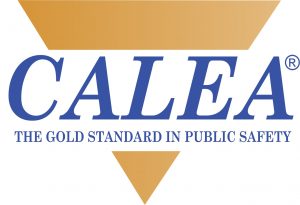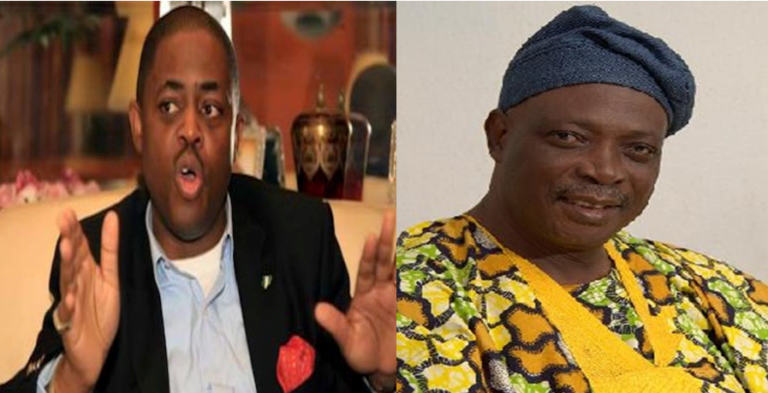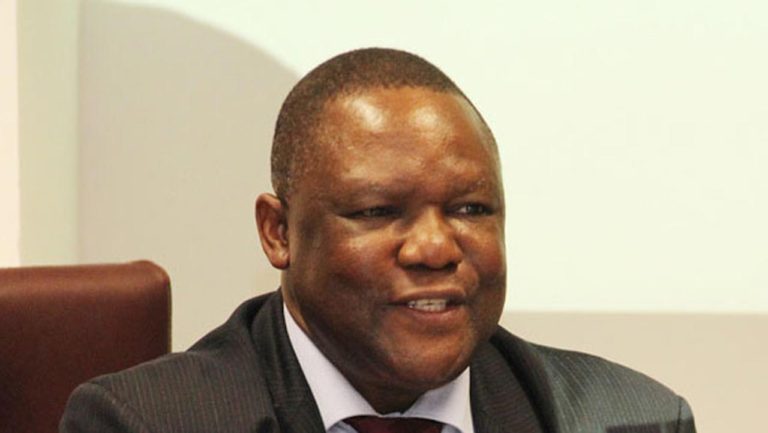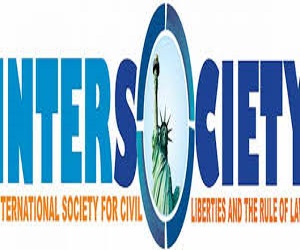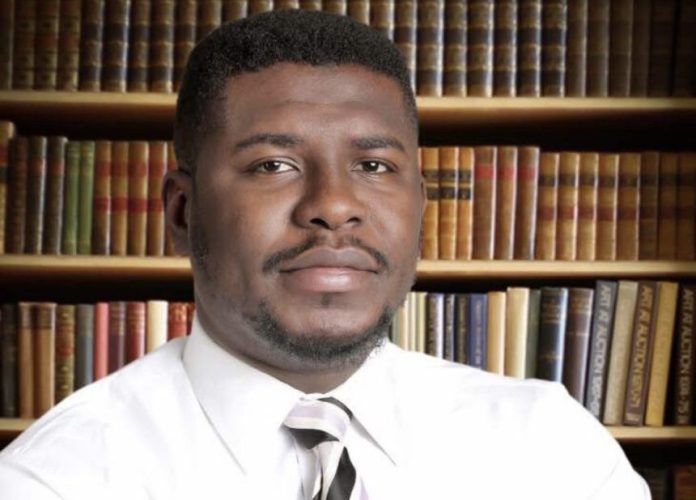Abuja (Sundiata Post) – International Society for Civil Liberties & the Rule of Law (Intersociety), has written the Police Service Commission to dismiss Enugu State Police Commissioner, CP Ahmad Abdurrahman and also carry a thorough investigation over his role in the massacre of dozens of unarmed citizens at the Community High School Field and environs, located in Emene in Enugu East Local Government Area of Enugu State in the crudest form of ‘butchery policing’ when he incompetently mismanaged the incident and turned same into a war theatre and killing field of “the war-like armed versus the defenselessly unarmed”.
Intersociety also alleged that he not only ordered the massacre but also usurped the powers of the Executive Governor and Chief Security Officer of Enugu State. This the CP did by unlawfully and unconventionally deploying the State’s Security Joint Taskforce-JTF (comprising soldiers, air force, SSS and various police crack squads, etc). By law and convention, it is only the Governor of Enugu State that can deploy same under situations of extreme complex security threats (i.e. bloody inter communal conflict).
The group in a statement signed byEmeka Umeagbalasi, Chair of the Board, Lawyer Amaka Damaris Onuoha and Lawyer Obianuju Joy Igboeli sent to Sundiata Post noted that the crude and butchery deployment of armed soldiers, air force, SSS and various police crack squads by CP Ahmad Abdulrrahman escalated the shootings and killings and turned same into a massacre.
According to the statement, “Apart from his manifest bias and perceived crude and hate policing method applied, the CP recklessly abused his office and power, contrary to Section 15 (5) of the Constitution when he unilaterally and magisterially undermined the status of the Enugu Gov as “the chief security officer of Enugu State” and “chairman and capital financier of the State’s Joint Security Taskforce or JTF”.
The group was of the view that a well trained, intelligent, unbiased and ethno-religiously secular CP should not have acted the way he did including deployment of war-like soldiers and police officers and ordering them to shoot and kill defenseless citizens at close range.
The statement reads in full:
International Society for Civil Liberties & the Rule of Law is a leading research and investigative human rights organization, campaigning for promotion and advancement of civil liberties & rule of law, democracy and governance accountability and public or citizens’ security and safety. Intersociety is led by professionals and grassroots activists including criminologists, security studies experts, lawyers, journalists and peace and conflict resolution practitioners, etc. See our website for more details at www.intersociety-ng.org.
1. Our writing Your Commission is to formally bring the attention of same to Black Sunday Massacre of dozens of unarmed citizens at the Community High School Field and environs, located in Emene in Enugu East Local Government Area of Enugu State, Eastern Nigeria. The massacred and the injured included sports enthusiasts engaging in various sporting activities in the School’s Premises or Field. The sporting activities include football, gymnastics, martial arts, volley ball, physical fitness exercises, etc; as well as those in church services and leisure and mental rehearsal activists, etc. The war-like shootings and killings had violently disrupted various church services involving Catholic Church and Pentecostals; forcing the converged and the converging to run helter skelter in a bid to doge and escape from raining police and military live bullets.
2. The shootings and killings were professionally and secularly avoidable but owing to crude, unprofessional, hate and racial policing applied in the instant case, the reverse was brutally the case. For instance, the SSS, instigator of the massacre, acted crudely unprofessional in its so called “gathered intelligence” by playing the role of “jack of all trades and master of none”. The Enugu State Police Commissioner, CP Ahmad Abdurrahman, manifested the crudest form of ‘butchery policing’ when he incompetently mismanaged the incident and turned same into a war theatre and killing field of “the war-like armed versus the defenselessly unarmed”. He not only ordered the massacre but also usurped the powers of the Executive Governor and Chief Security Officer of Enugu State. This the CP did by unlawfully and unconventionally deploying the State’s Security Joint Taskforce-JTF (comprising soldiers, air force, SSS and various police crack squads,etc). By law and convention, it is only the Governor of Enugu State that can deploy same under situations of extreme complex security threats (i.e. bloody inter communal conflict).
3. Contrary to Police and SSS reports, independent eyewitnesses including residents of the area factually and believably disclosed that the Community High School Field had for years played host to various categories of sports enthusiasts and leisure and mental rehearsal activists including children who gathered every Sunday for the referenced purposes. Joining them are different Pentecostal Church congregants and those of the nearby St Joseph Catholic Church who conduct their Sunday church services.
4. But last Sunday, 23rd August 2020, armed SSS personnel stormed the School Premises and violently disrupted clusters of persons assembling peacefully including some pro Biafra activists and religionists engaging in civil sporting activities such as martial arts and foot balling. The violence used had included violent arrest and firing of live bullets at close range with intent to massacre as administratively ordered or directed; leading to those bearing anti-bullet charms withstanding same and refusing to run. Live bullets fired at close range by SSS personnel eventually hit and felled some “ordinary” or non-anti-bullets charm bearers, leading to angers and tempers rising to a boiling proportion, forcing the SSS personnel to retreat. The crude and butchery deployment of armed soldiers, air force, SSS and various police crack squads by CP Ahmad Abdulrrahman escalated the shootings and killings and turned same into a massacre.
5. Attached for more details is our statement on the issue, dated 25th August 2020: Emene Massacre: Handiwork Of Racial Profiling, Criminal Labeling & Crude Policing (…this is 5th Anniversary and 15th massacre since August 2015 with over 500 deaths and 550 injured): http://intersociety-ng.org/component/k2/item/564-emene-massacre. Also see a detailed report by Punch Newspaper: Bloody Sunday in Enugu as Security Agents Hunting for ‘IPOB’ Killed Unarmed People. Dated 27thAugust 2020,the link to the report is here: https://punchng.com/bloody-sunday-in-enugu-as-security-agents-hunting-for-ipob-kill-unarmed-people/?utm_term=Autofeed&utm_medium=Social&utm_source=Facebook&fbclid=IwAR2SoXZGGm0R1frflujnJTJ-H2hC-gKKxz6lS1PNRnuNeVkSRumL-fnOzWA#Echobox=1598514764
6. Therefore, our writing Your Commission, Sir, is in line with powers and duties vested on same by Sections 6(1) of the Police Service Commission Act of 2004 and 153 (m) of the 1999 Constitution as amended and its Paragraph 30 of Pat 1 of the Third Schedule. By the provision of Paragraph 30 under Section 153 in the Part 1 of the Third Schedule to the 1999 Constitution, the Police Service Commission under you, Sir, is constitutionally empowered to: (a) appoint persons to offices other than the office of the Inspector General of Police in the Nigeria Police Force; and (b) dismiss and exercise disciplinary control over persons holding any office referred to in sub-paragraph (a) of this Paragraph (other than the IGP). The persons holding such offices are all sworn or serving members of the Nigeria Police Force, from Constable to Deputy Inspector General of Police including CP Ahmad Abdurrahman, Commissioner of Police Enugu State Command.
7. Sworn Particulars Of CP Ahmad Abdurrahman: He is known to the Nigeria Police Force as “AHMAD ABDURRAHMAN” with NPF entrance number: AP36623 and number 57 in the list of NPF Senior Officers: IGP-ACP. Officially born on 12th August 1963 (57-year-old) in Kirfi, Bauchi State with Fulani Muslim background, CP Abdurrahman holds a Bachelor’s Degree in Political Science and joined the NPF on 3rd March 1990 and was promoted to Commissioner of Police on 7th June 2018. He was made CP, Intelligence, FIB, Abuja on 1st May 2019 and presently Commissioner of Police, Enugu State Police Command. He will be due for retirement on 12thAugust 2023.
8. CP Ahmad Abdurrahman Should Be Dismissed: We hereby strongly demand for thorough investigation over his role in the massacre. He should also be dismissed from the Nigeria Police Force. Apart from his manifest bias and perceived crude and hate policing method applied, the CP recklessly abused his office and power, contrary to Section 15 (5) of the Constitution when he unilaterally and magisterially undermined the status of the Enugu Gov as “the chief security officer of Enugu State” and “chairman and capital financier of the State’s Joint Security Taskforce or JTF”. A well trained, intelligent, unbiased and ethno-religiously secular CP should not have acted the way he did including deployment of war-like soldiers and police officers and ordering them to shoot and kill defenseless citizens at close range.
Condemn The Death Of Two Igbo SSS Operatives: We also strongly condemn the reported death during the massacre of two SSS operatives who are of Igbo extraction including one who hailed from Afikpo North LGA of Ebonyi State. Intersociety is strongly opposed to all forms of deaths or killings outside the law including killing of security personnel and unarmed citizens. However, by convention, it is better for ‘ten weaponized security agents to die than to lose an innocent and defenseless citizen’.
We are looking forward to this letter receiving expeditious and just attention.
Yours in the Service to Humanity
For: Int’l Society for Civil Liberties & Rule of Law
Emeka Umeagbalasi, Chair of the Board
Criminologist & Graduate of Security Studies
Master of Science, Peace Studies & Conflict Resolution
Lawyer Amaka Damaris Onuoha
Head, Campaign & Publicity
Lawyer Obianuju Joy Igboeli
Head, Civil Liberties & Rule of Law Program
Sundiata

